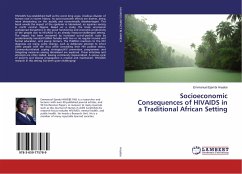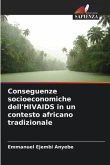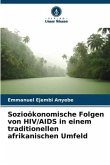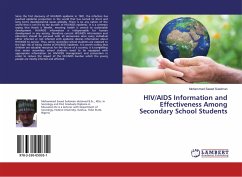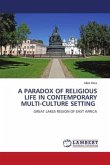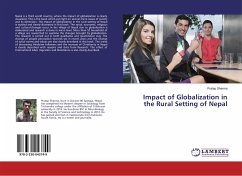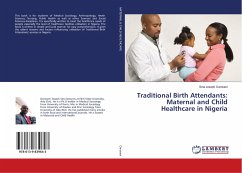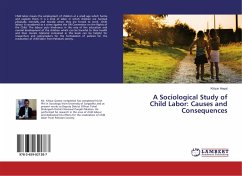HIV/AIDS has established itself as the worst long wave, insidious disaster of human race in recent history. Its socio-economic effects are diverse, being more devastating on the socially and economically disadvantaged. This book unveils the impact of the epidemic in Idomaland, an agrarian society in north central, Nigeria. Based on a study, the book uncovered widespread disruptions in the social functioning and economic productivity of the people due to HIV/AIDS in an already resource-challenged setting. The impact has been worsened by increased out-of-pocket costs by predominantly married PLWHA females with low or no regular income and formal education, and young farmers. The PLWHA's reactions to the HIV diagnosis are many; some strange, such as deliberate attempt to infect other people with the virus while concealing their HIV positive status. Community-initiated coping strategies,HIV prevention programmes and mitigating measures among Idomaland are explored. These initiatives and attempts are often stalled, leaving community impoverished. A vicious cycle of poverty and disease propagation is created and maintained. HIV/AIDS research in this setting has been quite challenging!
Bitte wählen Sie Ihr Anliegen aus.
Rechnungen
Retourenschein anfordern
Bestellstatus
Storno

